When I graduated from seminary, I landed a job as chaplain to the AIDS Health Services unit at Jersey City Medical Center in Jersey City, N.J. This was 1991, the height of the AIDS pandemic in the United States. There were no drug cocktails that kept opportunistic infections at bay. An HIV diagnosis back then meant that death was almost certainly around the corner. Jersey City had the highest rate of HIV infection in the country for a city its size, and Medical Center was deep in the inner city. In the four years that I worked there, more than six hundred people in our service died. Children, women, men. Black, white, brown.
Death from HIV/AIDS was like nothing I had seen before, or since. If allowed to run rampant, the virus wipes out a body's immune system, thwarting its ability to fight germs that would be turned away at the gate by healthy, well-armed immunities. Back then we watched helplessly as infection after infection took hold. None who were on the front lines as patients, survivors, and professional caregivers will ever forget the sights and smells of human decay that we witnessed. This was especially true for those of us who served inner-city patients, whose decline was often intensified by a raft of other poverty-related complications. But neither, I suspect, will any of us ever forget the moments of stunning human dignity displayed by people who refused to let the disease be all that defined them.
One of the patients I met in the hospital was Celia, a young Latina woman. She arrived early in her battle with HIV. When I met her in her hospital room, she was sick but attractive, articulate, and filled with life. She told me that she had recently joined an evangelical church. The folks in this community had stepped up to provide considerable support to Celia and her family. In my experience in the hospital, this was a rarity. I hardly ever ran into members of the clergy visiting my patients. I suspected that this was a mutual decision: clergy didn't want to visit my patients, but they weren't necessarily welcome, either. The vast majority of my patients who belonged to a church at some point in their lives had eventually been burned by it. Local congregations had little interest in serving gay men, and less interest in serving folks involved in the IV drug culture that was savaging their neighborhoods.
I was intrigued by Celia's experience being embraced in this church. She and I talked at length. What became apparent was that the church had taken her on as something of a test case. They were determined to heal her of her HIV infection through prayer. Given how vibrant she was, I could easily imagine their thinking: "If anyone can be cured, she can."
In our conversations, Celia talked about hope. She still had big dreams for her life, so when she used the word "hope," she meant a lot of things: hope that she would live a long life, hope that she would do work that was valuable, hope that her life would have meaning. What gradually became clear was that the folks in her church defined "hope" as something much more specific: hope that Celia would one day test HIV negative.
Over the course of months, Celia's immune system began to crash. As she got sicker, members of her church began to peel away. She kept her chin up, refusing to disparage these people for abandoning her. Our work together took a deeper and harder turn as she grappled with her sense that she had failed, that she had let these people down. We were still talking about hope, and the challenge before me was daunting. Could I help Celia unshackle herself from the narrow definition of hope imposed on her by this church? How do you talk about hope with someone who is dying? What is hope, anyway? What can any of us reasonably hope for in this life?
When Celia told me that she had finally accepted that her hope was unrealistic, I hit a wall. The one thing I believed about hope, the one thing I knew absolutely to be true, was that "hope" and "real" do not and cannot stand opposed to each other. A person may wish for things that don't come to fruition, but "hope" exists. By definition, there is no such thing as "false hope."
The question of hope was something that virtually every single one of my patients was wrestling with at some level. So I prayed for understanding. I studied scripture. I listened carefully to my patients. I talked at length with the nuns and priests and other caregivers who were my colleagues in AIDS ministry.
The answer came from an unexpected source. I went to see Frank Darabont's film adaptation of Stephen King's novella The Shawshank Redemption. There is this moment when Andy, the character played by Tim Robbins, commandeers the warden's office to broadcast an aria over the prison's PA system. Movement in the yard stops as prisoners look up and listen. For a moment you can see the men transported beyond the walls. Andy gets two weeks in solitary for the stunt. When he gets out, he tells other inmates that he survived it by listening internally to a Mozart piece that he knew by heart. He asks if any of them use music in that way. Red, played by Morgan Freeman, scoffs at him. The derision takes Andy by surprise. He struggles to articulate what he means. "You need [music] so you don't forget that there's something inside they can't get to, that they can't touch, that's yours." Red asks warily, "What are you talking about?" Andy looks him in the eye. "Hope."
I knew instantly that this was what I'd been struggling to grasp. Hope for these prisoners wasn't that they would one day get out. It was the knowledge that some part of them wasn't locked up. For my patients, true hope wasn't the possibility that someday they would be cured; it was the knowledge that some part of them wasn't sick.
I wish I could tell you that I brought this insight to Celia and she immediately got it, that her decline from there on out was a peaceful one, that she died with a level of spiritual freedom. But my memory is that she sort of faded away after the folks in that church gave up on her. Once a religious community steps in to tell you what to believe about yourself, what to hope for, what hope is, it is very hard to put those ideas down. This is one of the most important reasons that the rallying cry for LGBTQ people is "Pride," a concept that is shot through with hope. We long ago learned to stop listening to the disparaging messages being pounded into us by folks with religious authority. We learned to claim the authority to tell the truth about ourselves, and we learned to celebrate our identities as both valid and valuable.
When a queer person comes out--that is, tells the truth of her life--that person is living into hope. Whatever risk she takes, she has to believe that some part of her will survive whatever happens next, that some part of her is stronger than the hate and the intimidation and the violence.
 Excerpted from Queer Virtue: What LGBTQ People Know About Life and Love and How It Can Revitalize Christianity by the Rev. Elizabeth M. Edman (Beacon Press, 2016). Reprinted with permission from Beacon Press.
Excerpted from Queer Virtue: What LGBTQ People Know About Life and Love and How It Can Revitalize Christianity by the Rev. Elizabeth M. Edman (Beacon Press, 2016). Reprinted with permission from Beacon Press.
REV. ELIZABETH M. EDMAN is an Episcopal priest and a political strategist who has been expanding people's understanding of faith and sexuality for over 25 years. She has worked on the most pressing contemporary issues in the intersection of religion and sexuality, serving as an inner-city hospital chaplain to people with HIV or AIDS from 1989 to 1995 and helping to craft political and communications strategies for marriage-equality efforts. She lives in New York City. Follow her on Twitter @liz_edman and Beacon Books @BeaconPressBks.
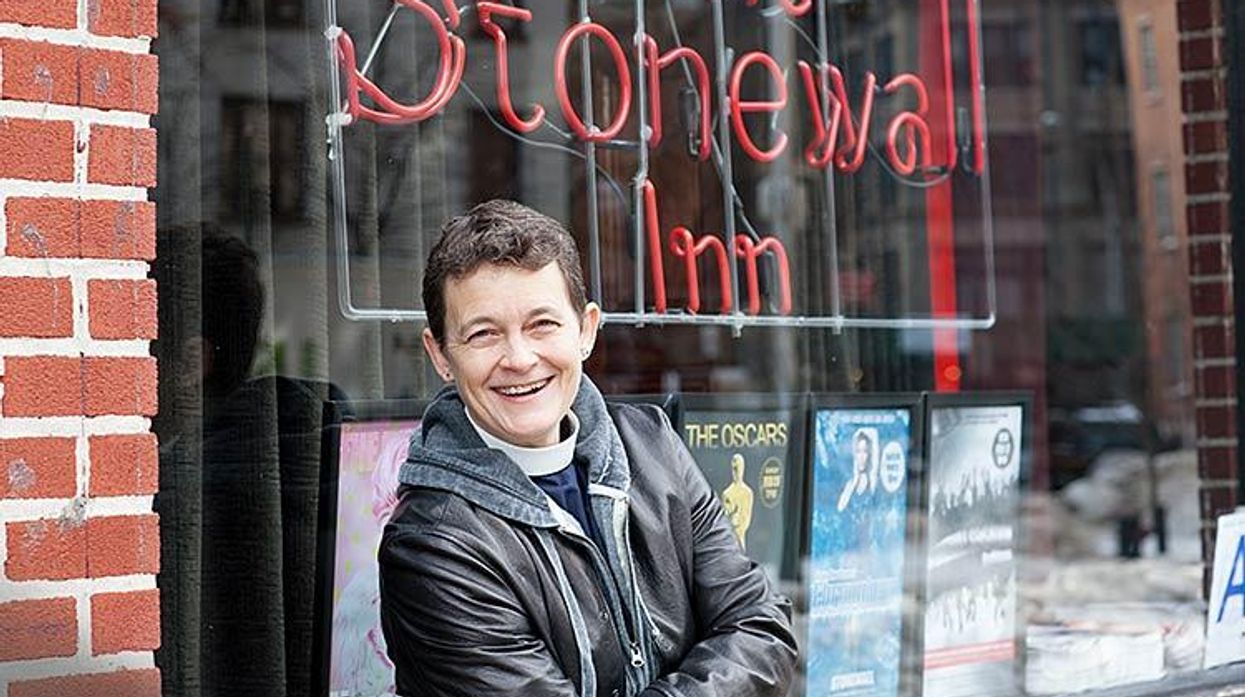

 Excerpted from
Excerpted from 



























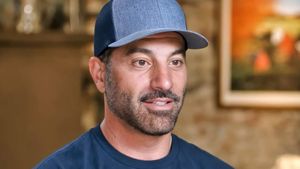

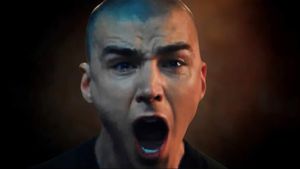





























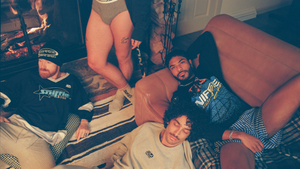
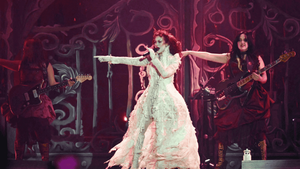




Charlie Kirk DID say stoning gay people was the 'perfect law' — and these other heinous quotes